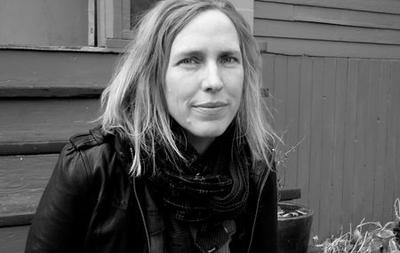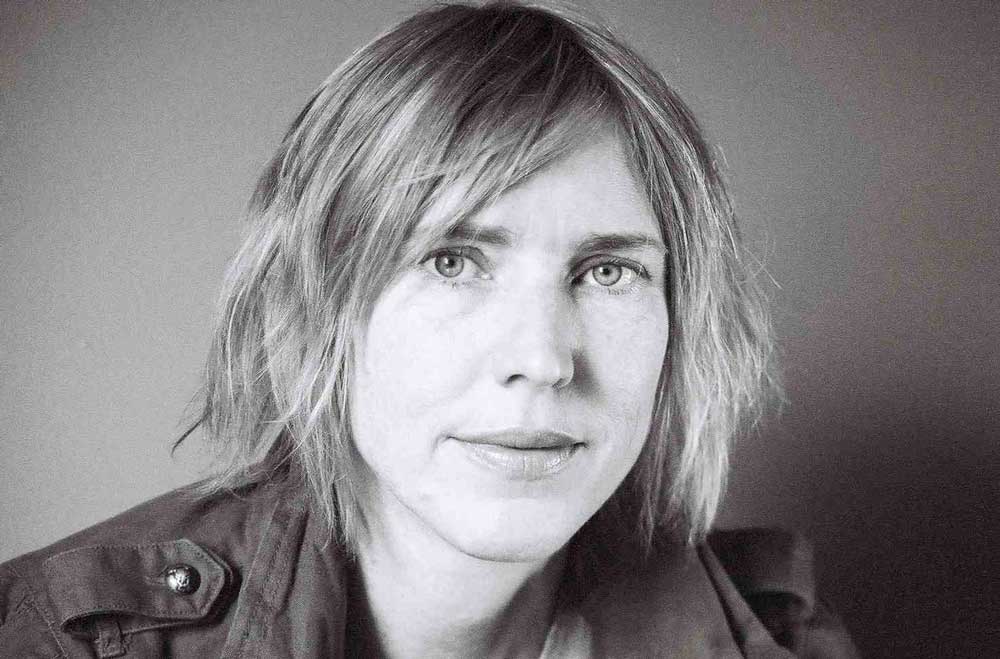

The women are spiritually, emotionally, and quite literally lost. Women from two of the colony’s families meet secretly in a hayloft to decide what they should do - whether to stay and fight (the members of their colony consider themselves to be pacifists, and the women are supposed to be submissive) or to leave the colony altogether (they have no maps, they are functionally illiterate, and they only speak Plautdietsch, a Low German language spoken by Mennonites). Women Talking takes place after the men have been imprisoned, and gives the girls and women of Molotschna their own voices, imagining how they can even begin to cope with such betrayal. Eventually the men were convicted in Bolivian court, but rumors out of the colonies indicate that the rapes are still continuing. Church elders blamed their discomforts on their “wild female imaginations.” It was later revealed that eight men in the close-knit colony had used animal sedatives to knock out the women and rape them repeatedly in the middle of the night.

For years, women and girls of all ages in Molotschna would wake up tired and sore, bleeding and scared, not knowing what had happened to them. Based on real-life events, the novel explores the aftermath of sustained abuse in a Bolivian Mennonite colony called Molotschna. Her latest book, Women Talking, is a tour de force about morality and female rage in the face of religious fundamentalism. Toews has written novels about loneliness and depression and suicide and devastating family secrets with nuance, demystifying the most taboo subjects with both empathy for her characters and compassion for her readers. When I need to make some sense of the meanest, most tragic aspects of human nature, I turn to the Canadian writer Miriam Toews.


 0 kommentar(er)
0 kommentar(er)
